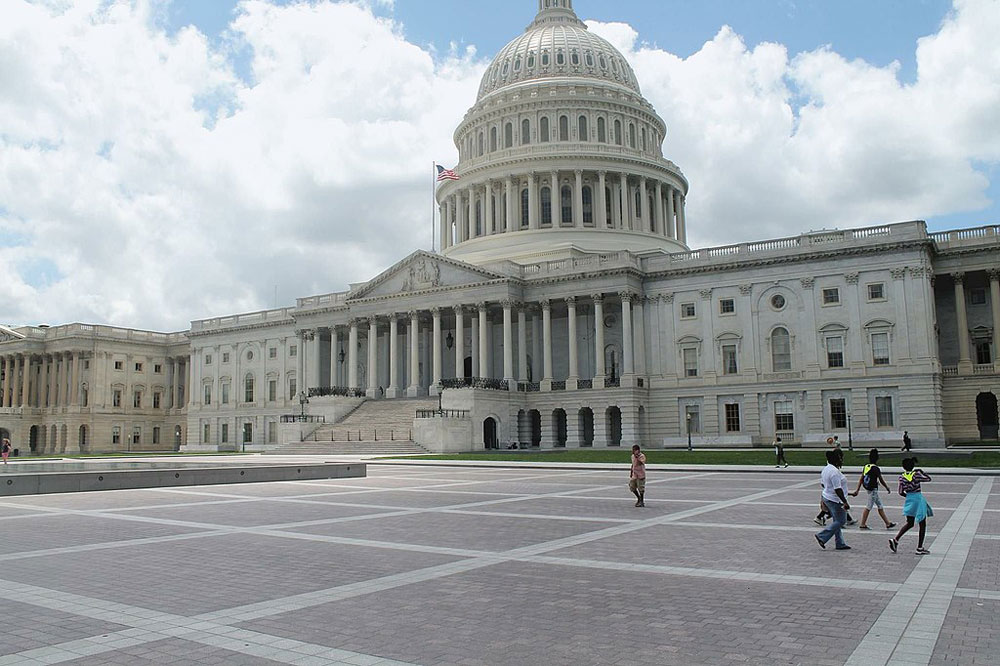December 7, 2011; Source: New York Times | A new report released by Citizens for Tax Justice reveals that a number of Fortune 500 companies do not pay their fair share of state taxes.
The study looked at the 265 Fortune 500 companies that disclosed their state tax payments and were profitable, and found that 68 of the companies reported paying no state corporate taxes for at least one year between 2008 and 2010. As reported in the article, according to the study “the companies reported $1.33 trillion in domestic profits from 2008 to 2010, but paid states only about half of what they would have if they had paid at the average corporate income tax rate of all states.” The estimated loss amounts to $42.7 billion. According to the Nelson A. Rockefeller Institute of government corporate income taxes have declined from 9.7 percent of state revenues in 1980, according to an estimated 5.7 percent today.
Sign up for our free newsletters
Subscribe to NPQ's newsletters to have our top stories delivered directly to your inbox.
By signing up, you agree to our privacy policy and terms of use, and to receive messages from NPQ and our partners.
Apparently, there are multiple reasons why the corporations have seen such a reduction. Per the article, “many states calculate their taxes based on federal corporate taxes, so some recent federal corporate tax breaks have lowered their collections. Other states have granted their own tax breaks to try to promote economic development, or to lure companies from other states. Companies, meanwhile, have grown adept at reducing taxes and finding tax shelters. “The math is different at the state level than it is at the federal level,” Mathew Gardner of the Institute for Taxation and Economy Policy explains. “State lawmakers don’t have the luxury of cutting taxes and not worrying how to pay for it—they’ve got balanced budget requirements, which mean, inexorably, that if you cut a tax you have to pay for it either by hiking another tax or by cutting spending.”
So next time you think about children who no longer have access to art or music programs and about the latest cut to mental health programs, take it as motivation to push state legislators to look into the impact of tax policy on corporate contributions.—Ruth McCambridge











